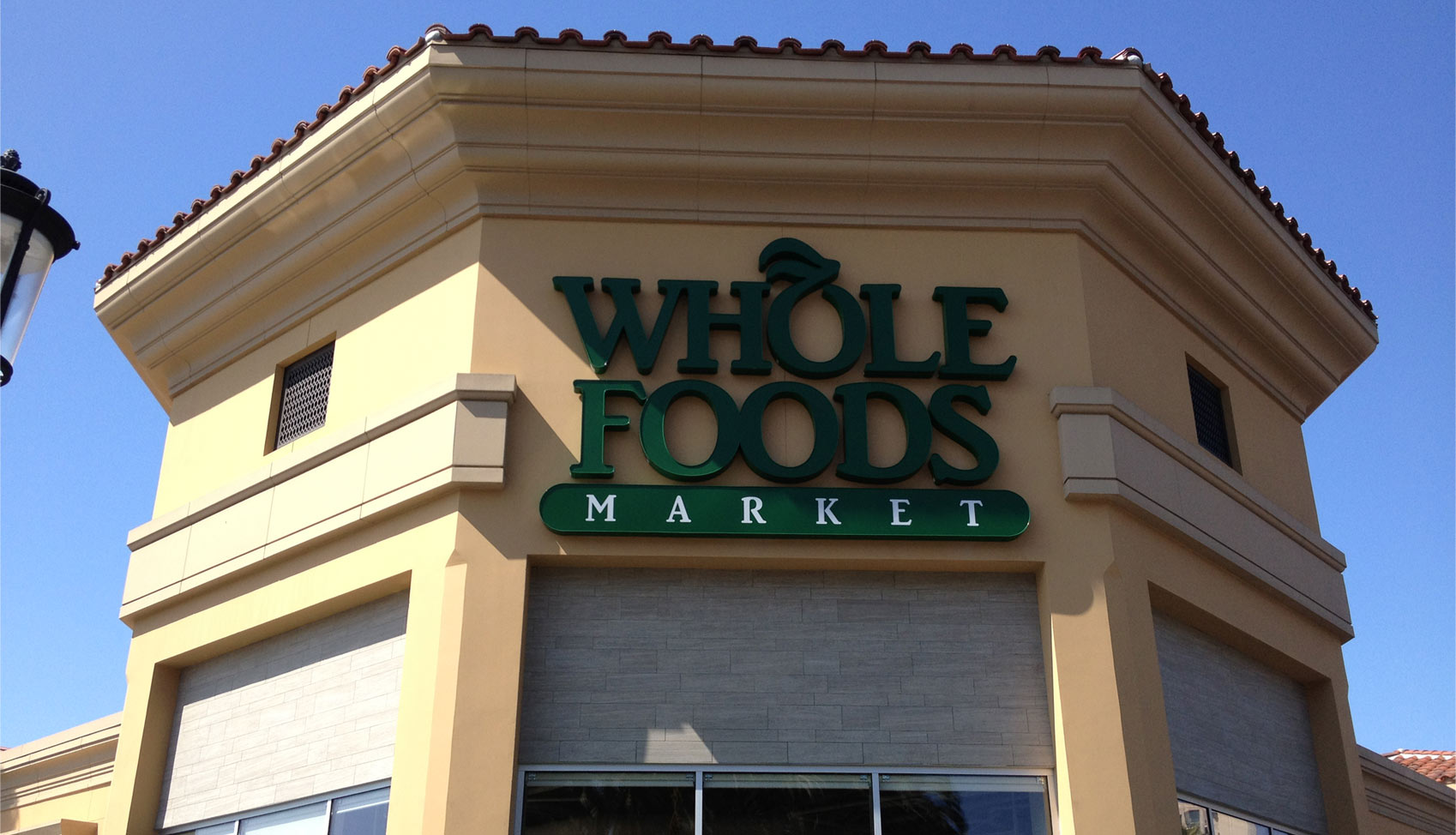In June, online giant Amazon dropped a bombshell in the organic and retail supermarket worlds when it announced the purchase of Whole Foods Market, the U.S.’s leading natural food retail chain, for $13.7 billion.
Reactions from food advocates and the organic industry varied. Wenonah Hauter, executive director of Food & Water Watch, called the acquisition “extreme consolidation of the food system in action, which will lead to higher prices, fewer choices for consumers and bigger profits for billionaires like its owner, Jeff Bezos.”
But John Foraker, president of leading organic food company Annie’s, Inc., thinks the combination of Amazon and Whole Foods is a potential “gamechanger” and has the potential to end food deserts, which are poor communities where people have limited access to affordable, quality, and nutritious foods.
Errol Schweizer, former vice president of grocery at Whole Foods Market sees positives and negatives with Amazon’s purchase of the natural food retailer.
“It validates that clean, non-GMO and organic food has a strong future. I don’t think Amazon would make a purchase of this magnitude if they didn’t feel they were going to sell a lot of products,” says Schweizer, who is now a board member and advisor to natural and organic food companies.
He also says Amazon has a good reputation among smaller suppliers for being efficient in setting up retail-to-consumer platforms.
“They don’t seem to have the extractive program that a lot of conventional retailers do. It’s relatively simple to do business with them online.”
Schweizer also says that Amazon will be able to expand Whole Foods’ reach, “amplifying the attributes and ingredients and type of foods that Whole Foods has.”
On the downside, Schweizer has questions about how the combined companies will treat their employees, citing Amazon’s reputation as “a tough place to work” in contrast to Whole Foods’ reputation as a good employer.
“Will Whole Foods be able to influence Amazon or will Amazon have an effect on Whole Foods and push for more automation and eliminate positions in stores?”
There also are questions of how Amazon will impact the organic industry.
“Will Amazon have a positive effect on farmland conversion to organic or will they go offshore more for organic farming acreage overseas?” Schweizer asks. “Are they going to weigh in on organic standards to protect them from interest groups that would like to abolish them? Amazon is going to have to have a position on them; they will have to weigh in on organic and non-GMO agriculture.”
Schweizer says Amazon-Whole Foods will have a big role to play in organic and non-GMO supply chains.
“They will have to make commitments to grow supply to keep up with their growth. They will need a lot more ingredients.”
Overall Schweizer sees positive potential in Amazon’s purchase of Whole Foods for the organic movement.
“I don’t think they are going to slam the door on all the good work the (organic and natural food) industry has been doing. In fact I think they are going to accelerate it; it’s a matter of adapting and figuring out how to deal with them.”





